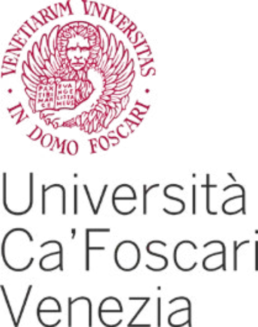OrganizingCulture:
The Art Museum As Site ofOrganizational Change
A MOK MEETS C&O SEMINAR03.11.2025 - 07.11.2025AT LENBACHHAUS MUNICH
In cooperation with Lenbachhaus Munich, this course investigates the organizational challenges that art museums face and how to respond to them. Students of culture and organization from Lüneburg and St.Gallen will have the unique opportunity to empirically engage with a leading art museum and the wider institutional landscape of organizing art and culture. Taking a closer look behind the scenes, students explore the museum’s processes, technologies and atmospheres of organizing, engage with its curators, technicians, administrators, educators and managers, and develop an exhibition on the museum as site of organizational and cultural change.





